How to Get Your Service Dog to Stop Barking

Dogs are great companions, but sometimes they bark—a lot. This can be frustrating and—especially for a Service Dog—poor behavior. But with patience, training and well-timed rewards, you can teach your dog to drop the barking and speak only when it’s appropriate. To learn about what measures you can take to train your Service Dog to stop the barking, read on below.
Stay Calm!
It’s important that you don’t yell at your dog. They just think you’re both barking! Even though tolerating the barking, for the time being, is stressful, try to stay upbeat and carry on with your training.
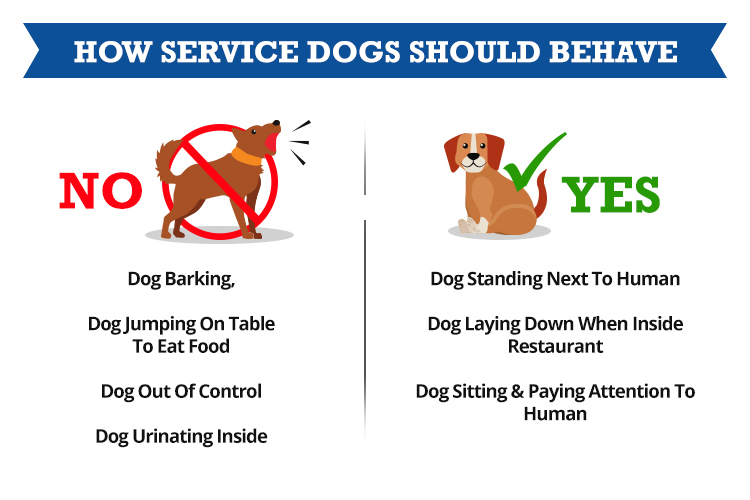
Understanding Dog Behavior
Try to figure out why the dog is barking. Dogs don’t usually repeat behavior they don’t get rewarded for. What is your dog getting out of barking? Is it your undivided attention because you keep telling them to be quiet, or because you keep throwing treats in the hopes they’ll pipe down? If so, you may be making things worse.
One solution is to ignore your dog when they bark. Don’t look at them, don’t talk to them, don’t pay any attention at all. If they’re crying because they’ve been put in a crate, just turn your back and walk away. Yes, that’s hard, but it will help your dog learn better behavior.
Pay attention to when the dog stops barking. As soon as that happens, you should give the dog a treat. Now they’ve been rewarded for quieting down. Over time, increase the amount of time the dog has to be quiet before getting a treat.
If your dog barks at a stimulus, such as someone at the door or when passing other dogs, you can try to desensitize them. Enlist the help of a friend with a dog for this exercise. Have your friend and their dog stand somewhere out of view, and start feeding your dog treats. Then have the friend walk by with their dog and continue feeding yours. After they’re gone, stop feeding the treats. Now your dog has been rewarded for being quiet around another dog, even if they were distracted by the food!
Teach Your Service Dog to Speak
Yes, you want your Service Dog to stop barking, but teaching them to bark on command actually helps with this. You can say “speak” and wait for the dog to start barking, then give them a treat. If they don’t start, wave a toy or treat around to get their attention and instigate the barking. Ideally, you want one bark, not repeat barking.
After your dog gets good at speaking on command, you can teach them to be “quiet.” Start in a quiet room without distractions. First, tell the dog “Speak,” then when they’re barking, tell them, “Quiet,” and offer a treat. Later, you can increase the amount of time they have to be quiet before getting the food. Then you can move on to practicing with distractions, such as when the postal carrier comes, or someone knocks on the door.
Remember, never reward barking when you didn’t tell your Service Dog to speak.
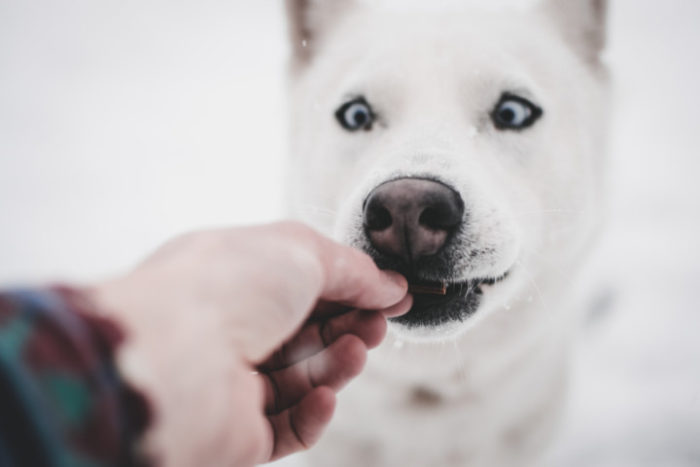
Incompatible Behaviors
Another method that may help is distracting the dog with some incompatible behavior. For example, when that postal carrier shows up, you could throw a treat onto the dog bed and command, “Go to your bed.” Once the dog is in the habit of going to their bed for a treat, practice opening the door for a friend. If the dog stays put, they get another treat. If they get up, close the door immediately. Keep repeating this exercise until the dog is good at staying on their bed when the door is opened. Then you can work on having your friend ring the doorbell. If the dog stays, they get a treat.
Show everyone that the rights of your Service Dog should be respected. Get your Service Dog registered.
Give your Service Dog a Purpose
Keep your Service Dog busy and teach them they are here to serve you. Equip your dog with a Service Dog vest and wear a Service Dog Registration Id yourself. Although the vests and ids are not required by law, they could provide your dog with a sense of authority. Teach them that once the vest is on they are “at work”. Your Service Dog will have a purpose and can concentrate on the tasks needed to serve you, instead of barking uncontrollably.
As a side-effect, service dog vests are also a courtesy to bystanders by visually communicating that a dog is working in an official capacity. Others might understand not to interact with your Service Dog, therefore eliminating more reasons a dog might start to bark.
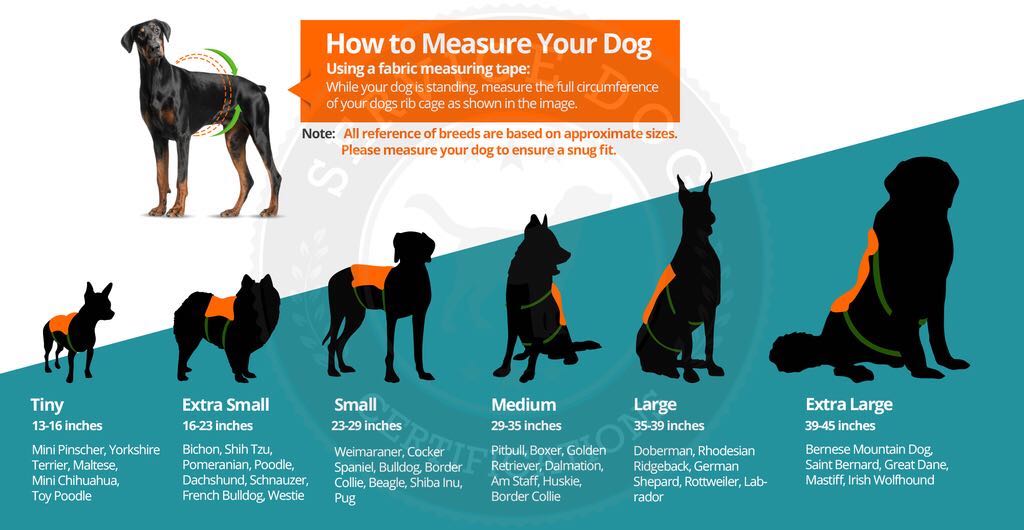
Use Up Some of That Boundless Dog Energy
Sometimes dogs bark because they’re bored and don’t have anything fun to do. Remember that your Service Dog needs daily physical activity! Regular exercise can leave them tired enough to sleep instead of barking incessantly. Depending on your disability, make sure that you or someone you trust takes your Service Dog for walks or play—don’t just go out long enough for them to take care of business. A certified Service Dog needs to stay buoyant and vigilante. Appropriate training and healthy activities will keep your Service Dog in high spirits and allows them to give you the undivided support you need—without any unnecessary barking.
About the Author: The writing team at Service Dog Certifications is made up of folks who really know their stuff when it comes to disability laws and assistance animals. Many of our writers and editors have service dogs themselves and share insights from their own experiences. All of us have a passion for disability rights and animals.
4 comments
Leave a Reply Cancel reply
Latest Posts
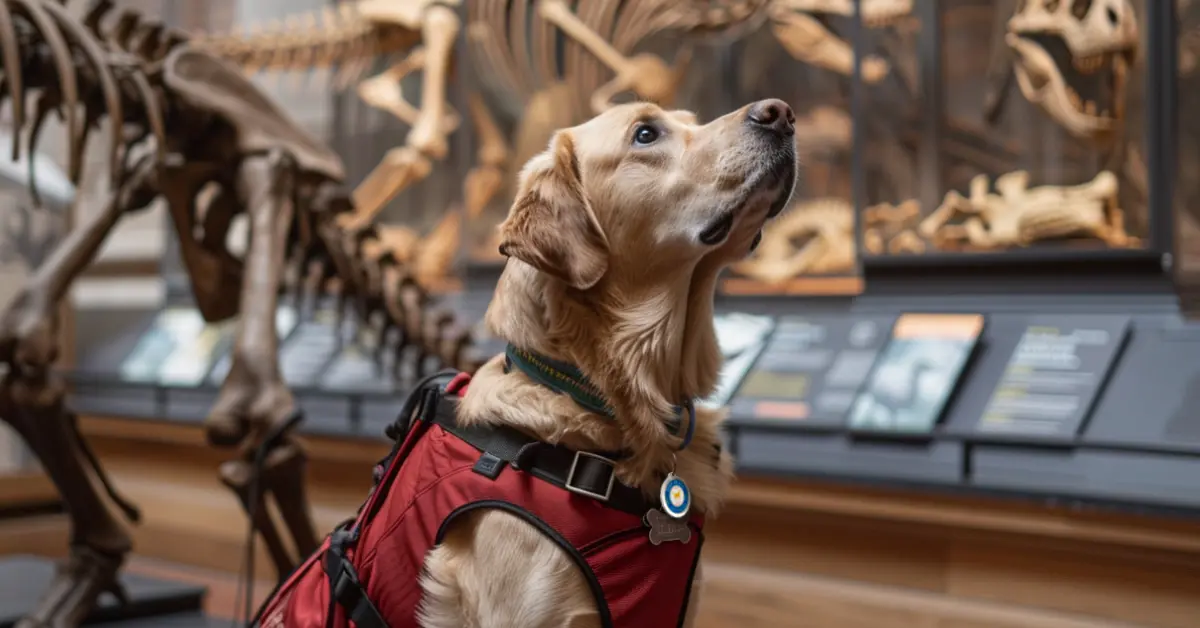
Can you bring a service dog to a museum?
Yes, you can bring your service dog to the museum! All the major U.S. museums welcome guests with service animals in accordance with the Americans with Disabilities Act (ADA). There are some areas, however, that might be off-limits. Here’s what you should know if you plan to spend a day at the museum with your […]

Read More

How to Bring a Service Dog to Six Flags Magic Mountain
Service dogs are welcome at Six Flags Magic Mountain so long as they are, according to Six Flags, “trained to do work or perform tasks for people with disabilities.” Of course, your dog must be housebroken and remain on a leash or harness and under your control while at the park — and the park […]

Read More
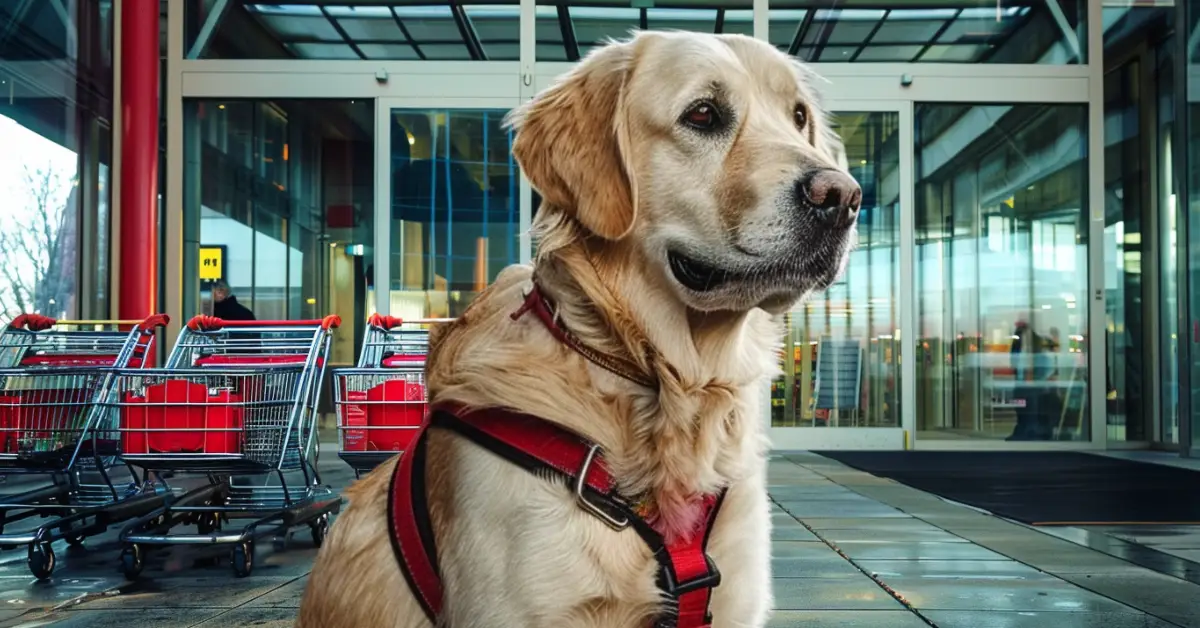
When Stores Can Refuse Your Service Dog
According to the Americans with Disabilities Act (ADA), service dogs should be allowed into any store most of the time. A store owner can legally exclude a service dog if they are actively growling, snapping at, or frightening customers, or if the dog is obviously out of the control of its owner. Ordinary behaviors — […]

Read More

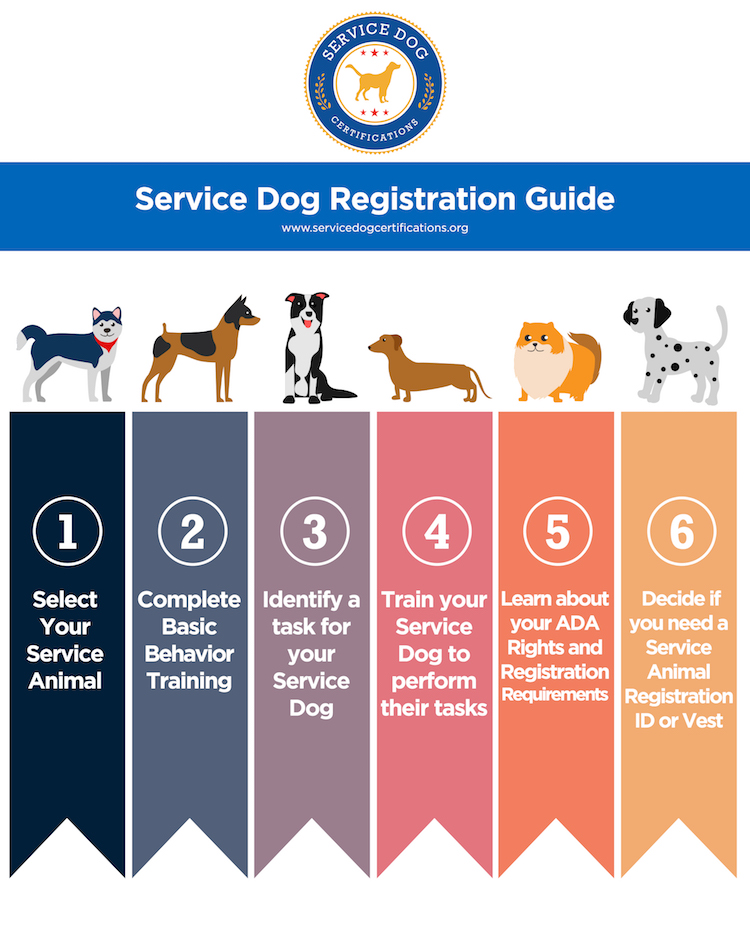

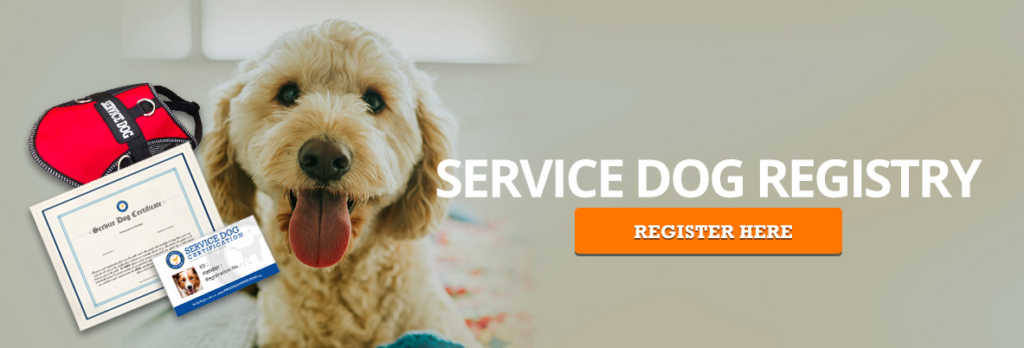
I have a problem with my dog, which is still training as service dog.
He barks at waitress. It was surprise and very random.
I try to shake the pinch collar, but it doesn’t work…. he barks at people in public mall, too.
He’s almost 10 months old. And also he’s German Shepherd.
He’s not used to some peoples because of Covid-19.
Thanks.
My german shepherd does the same thing. Still in training as a service dog. 8 years old. I got him in may. He always barks when someone surprises him or its someone he doesnt know and that scares people so im trying to get him to stop. I was suggested trying a muzzle. Like when he barks, put the muzzle on, leav it on until hes quiet. I havent tried it yet but i definitely will
When a service animal barks every day and at all hours, what is the remedy?
You should report the incidents to your landlord or housing manager. Service dogs are expected to be well-behaved and not cause disruptions. If you’re the landlord, you should have a discussion with the tenant about ways they can mitigate the dog’s barking so it does not bother other residents.